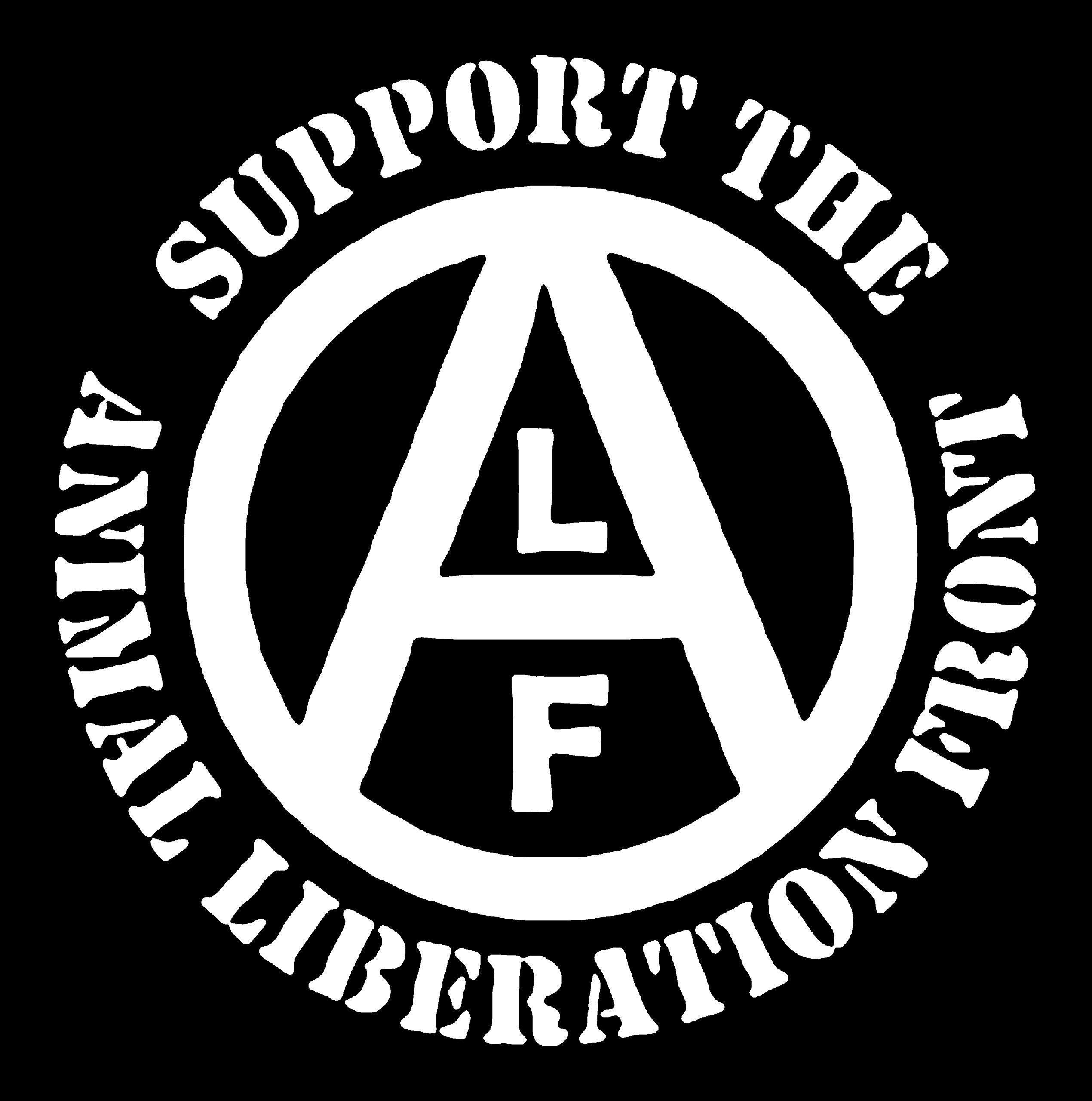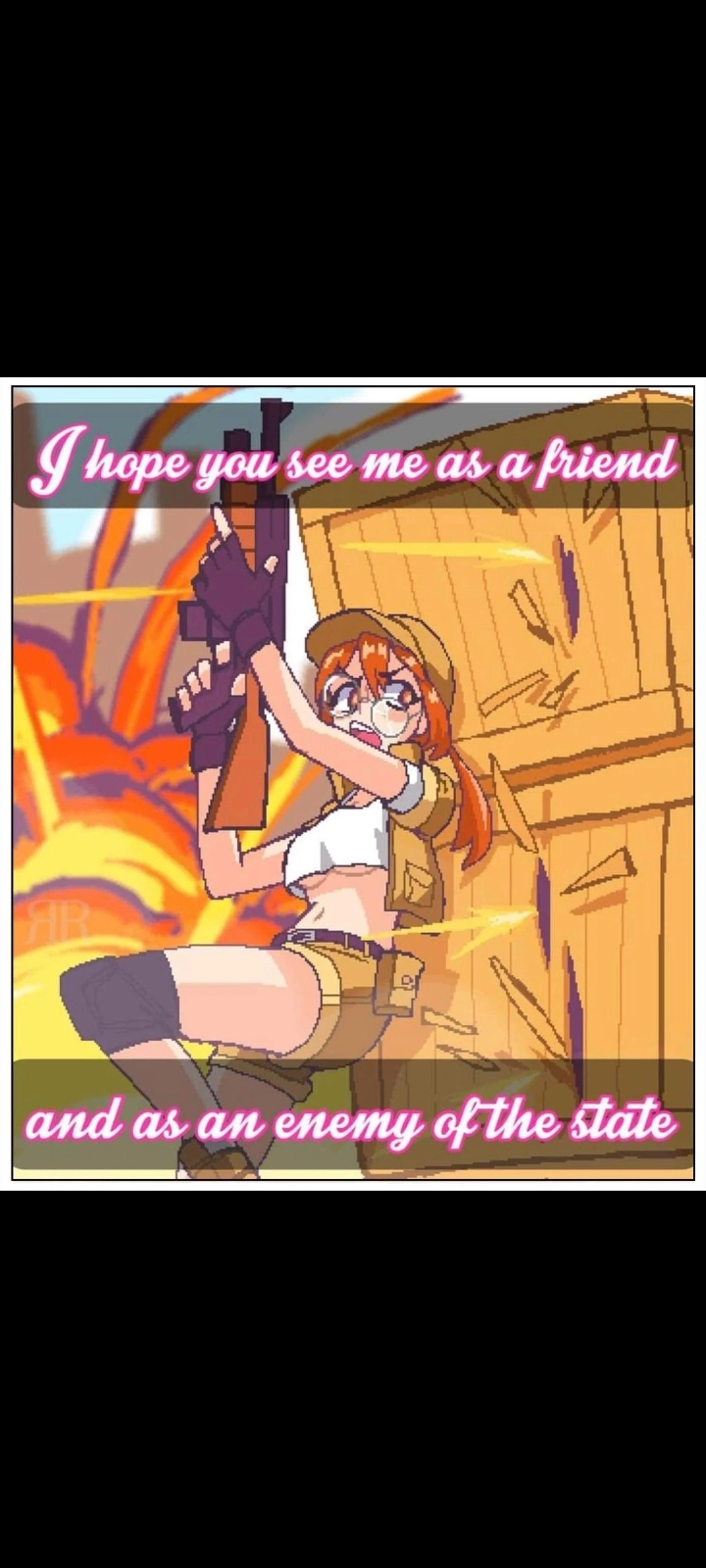Conservation of mass?
Do they understand that producing energy and fertilizer using the bodies of animals is less efficient than producing the same number of calories or mass of nitrates from plants+less-energy-than-is-required-to-raise-the-animal-in-question?
This was one of the first things we were taught in school during units on nutrient cycles - the closer to the source of energy, the sun, an organism is in the cycle, the more efficient their utilization of the energy is. I don’t know if I’m taking knowledge of this concept for granted but it’s so simple in my own mind.
Literally junior high science
I grew up in a poor rural area in the south and first learned trophic levels in 7th grade. I’m certain almost everybody has been exposed to this concept at least by the end of high school
Back in my day we didn’t get participation trophics 😤
I don’t know if it’s all of them, but I know someone who said that veganism is actually more harmful for the planet because plants need pesticides and fertilizer, which kill bugs. It took no effort to challenge them on that at all.
What do they think livestock eat?
pesticides and fertilizer!
Sounds like my coworker who argued that veganism kills more animals than meat does, due to the pest control measures that might be necessary to protect crops.
As if pest control isn’t a thing in the meat industry from the feed crops, to the feed lots, to the barns to the slaughterhouses. They think the cattle that made the steak they’re eating just materialized out of thin air or something and didn’t require a shit ton of energy and resources to grow it.
Yep, that exact point.

There’s an element of truth here, in that parts of the world have a system where farm animals eat stuff humans can’t, such as wild grass, kitchen waste and straw. But modern ‘factory farms’ do use insane amounts of growth su0lements and medicines, which are just as bad.
There’s an element of truth here, in that parts of the world have a system where farm animals eat stuff humans can’t, such as wild grass, kitchen waste and straw
The carbon, nitrogen, etc. contained in that grass, waste, and straw should be buried in/returned to the soil to grow plants instead of being farted into our atmosphere. Assuming the land in question is arable in the first place (which I think is valid if it’s producing enough plant matter for grazing to be viable), if managed at all would produce more calories of human-compatible nutrition per calorie invested than harvesting of grazing animals on said land would.
Assuming the land in question is arable in the first place …
There’s land that isn’t good enough to grow crops, but is good enough for wild plants to grow. You can, as you said, ‘manage’ it - give enough fertiliser and water to make it suitable for agriculture. But that is often unaffordable for the people living in such places, so using animals to gather and concentrate the available nutrients is the best option available to them.
That’s an orthogonal injustice though, no? Collectively, our species massively overproduce food, so I would think the fact that there is a prior reason to be trying to cultivate land like this, which ought to be managed for native flora/fauna is a separate and solvable large scale land allocation problem, the solution to which frees whatever livestock use the argument excuses.
Collectively, our species massively overproduce food
The economist Amartya Sen, who studied famines in South Asia and Africa said that 'starvation is the characteristic of some people not having enough food to eat. It is not the characteristic of there being not enough food to eat." Producing more food than we need means nothing if it does not reach everyone.
separate and solvable large scale land allocation problem
I would say it is more of a food-allocation problem. Land redistribution is a great thing, and has worked in the past. But natural disasters and crop failures can occur in regions, and larger farms can benefit from long-term planning and more scientific management. So the better solution, in an ideal world, would be to focus on guaranteeing food rather than land.
the solution to which frees whatever livestock use the argument excuses.
Solving food security will of course greatly reduce this problem, although personally I am worried that food availability will get worse in the coming years and decades due to the various ways in which we are damaging the environment.
Using animals as fertilizer is a nessessity brought about by phasing out crop rotations. If we just rotated our fucking crops that would naturally replenish the soil. Instead we have endless fields of corn year after year
Education in capitalism is meant to produce workers who can understand things to mindlessly replicate it for work, not people who can think critically.
If I remember later I can try to find a chart on this that I might have bookmarked. But the chart basically shows that the amount of calories a cow has to eat to product, say, 100g of meat is 11 times as much. It was a pretty big eye opener for me when I was first going over to veganism.
Yeah you would think carnists (especially farmers) would understand feed conversion ratios, but alas
A Modest Proposal finds a way to be relevant three centuries later









